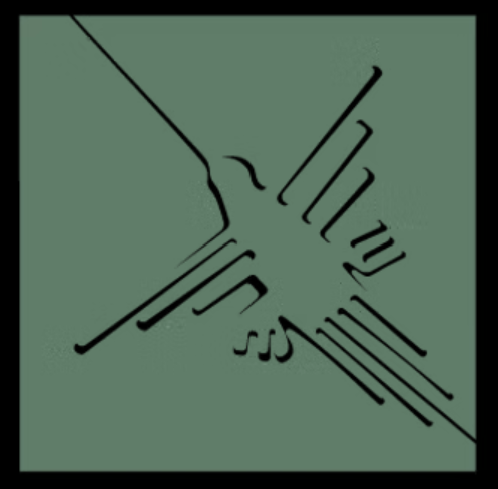Streamline Your Research Process with Litmap
- frankonuh

- Mar 20, 2023
- 2 min read
I thought I should share a bit about this tool – Litmap – which I find very helpful, especially when searching for related literature/papers/publications in any discipline. I consider Litmap a great tool for academics to organize, track, and streamline their research process. It is a web-based research tool that provides a centralized platform where one can manage one’s research materials such as articles, books, conference papers, and even web pages. It’s a freemium tool which means that those using the premium subscription could leverage additional functionality of the tool.
One of the most important features of Litmap that I find useful is its ability to automatically import references from other sources. I can easily import references from databases like JSTOR, Google Scholar, and other databases, as well as from citation managers like Zotero, EndNote and RefWorks. I find this feature incredibly helpful because it saves me a lot of time and effort which otherwise would have been spent on manual data entry.
Litmap also allows me to store and organize my research materials in an efficient and user-friendly way. For example, I can assign tags to my research materials, allowing me to easily group and organize them according to theme or topic. It also allows me to create folders to store research materials by project or paper, making it easy to find and access when needed. Another useful feature of Litmap is its notetaking and annotations capabilities (I am yet to start using this feature though). The note-taking feature allows one to note the research ideas, questions, and insights, while the annotation feature allows one to mark up the research materials with highlights and comments. I can also easily collaborate with other scholars and share my research materials. This collaboration feature is really helpful for academics working on collaborative research projects or co-authorship.
While the description I have provided does not encompass all the features and functions of the tool, I encourage you to explore it on your own - https://www.litmaps.com/ - to determine if it meets your research needs.
Image source: scoop.it




Comments